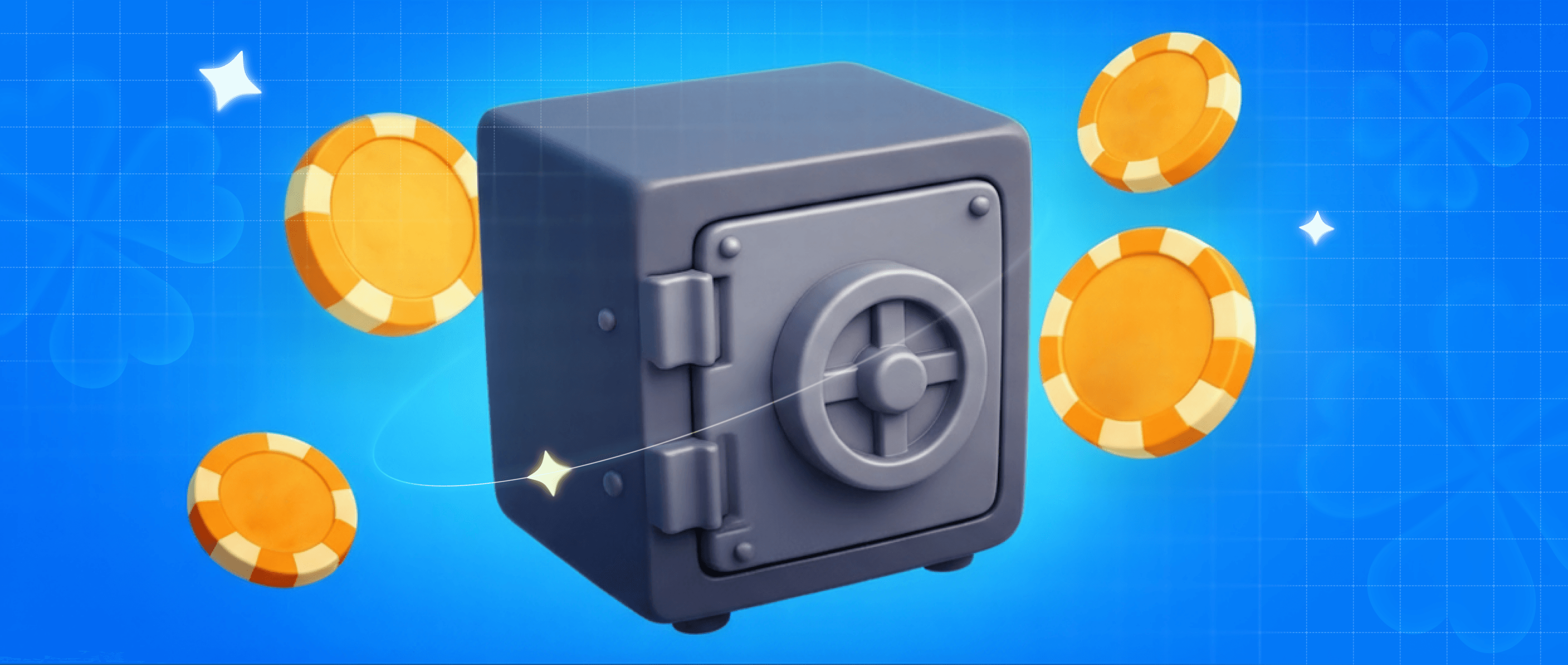
Hold
Hold — is the share of total wagers that a casino keeps as revenue over time. On slots, theoretical hold equals 1 minus RTP (payback). On tables, operational “table hold” often means casino win divided by drop (buy-ins), not pure handle. This term shows long‑run game profitability and helps players gauge expected losses, risk, and value when choosing where to play.

Understanding Hold
In gambling, Hold meaning refers to the percentage of money wagered that the casino retains. The Hold definition differs by product: for slots it’s 100% minus RTP; for table games many properties report hold as win/drop, while house edge reflects the math of each bet. Understanding what is Hold lets a player compare slots, evaluate table volatility, and plan bankroll for a session. At 101RTP you’ll find honest casino and slot reviews, plus tools like our Slot Simulator and Bonus Value Score calculator to test stake sizes, model outcomes, and see how different holds impact bonus clearing and long‑term results.
Examples of Hold
Here are practical examples of Hold across casino games:
- Slot with 95% RTP has 5% hold. If your handle (turnover) is $2,000, the long‑run expected loss is about $100, though real results vary by volatility.
- “Tight” slot at 88% RTP has 12% hold; bankroll drains faster. High‑volatility math means short sessions can still spike wins or deep dips.
- Blackjack with a 0.5% house edge (basic strategy) may show a 15% table hold in reports because win/drop compares losses to buy‑ins, not total wagers recycled.
- A casino’s monthly slot hold might swing from 4% to 6% due to variance, denomination mix, and settings, even though the programmed par doesn’t change often.
FAQs
What is Hold in a casino?
Hold is the portion of all money wagered that the casino keeps as win. For slots, theoretical hold equals 1 minus RTP; for table games, operational hold is often win divided by drop (buy-ins). It’s a core gambling term for comparing games, bankroll pace, and casino profitability.
How is Hold different from house edge and RTP?
RTP is the long‑run payback percentage to players; slot Hold is 100% minus RTP. House edge is the mathematical advantage per bet on table games. Reported table hold, however, uses win/drop, not handle. So house edge describes bet math, while Hold measures realized or theoretical revenue rates.
Can Hold help me choose better games?
Yes. Lower Hold (higher RTP) generally means slower bankroll loss and more time on device, especially for a recreational player. Compare the term across slots and rulesets. At 101RTP you can check honest reviews, browse RTP/hold data, and use our Slot Simulator and Bonus Value Score to plan smarter play.
Is a higher Hold always bad for players?
Usually, yes. A higher casino Hold means a larger average slice of wagers retained, so expected losses rise with turnover. Some high‑hold games offer big jackpots or volatile prize ladders that attract risk‑takers, but for most budgets, choosing lower Hold and sensible stakes improves session length and bankroll durability.
Do casinos change Hold over time?
Slot hold is set by the game’s par (math config); operators can choose different par options when installing or updating titles, subject to regulation. Reported table hold fluctuates day to day because it depends on buy-ins and luck. House edge stays tied to rules unless rules change.
Why does reported table Hold seem so high?
Because many reports use win/drop. Players recycle chips repeatedly, so total wagers (handle) are far higher than the initial buy-in. Comparing casino win to buy-ins can produce 10–20%+ table hold, even when the game’s house edge is just a few percent with optimal strategy.
How can I estimate expected loss using Hold meaning?
Multiply your estimated handle by slot Hold (or by house edge for a per‑bet view). Example: $3,000 turnover × 4% ≈ $120. Results vary widely in the short run. For planning, 101RTP’s guides and tools illustrate Hold definition in practice and help you set realistic stakes and bonus goals.
